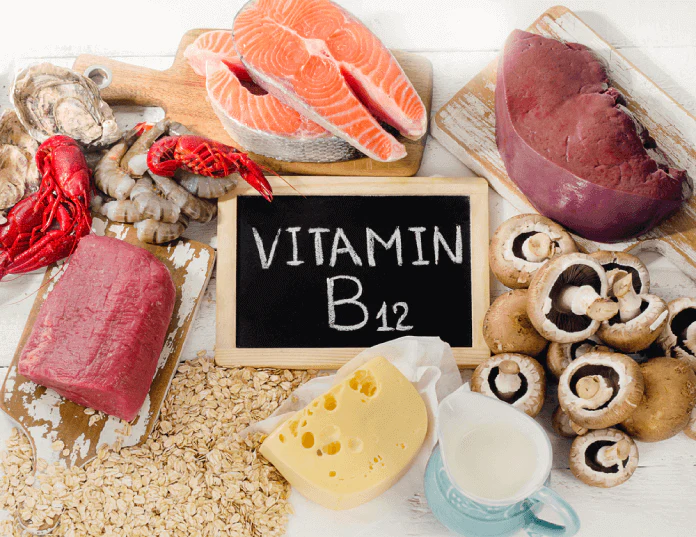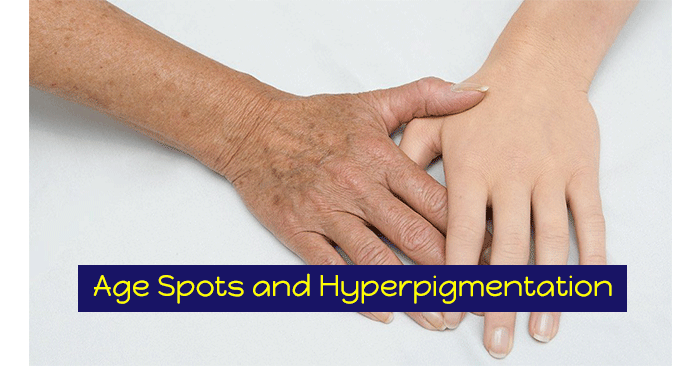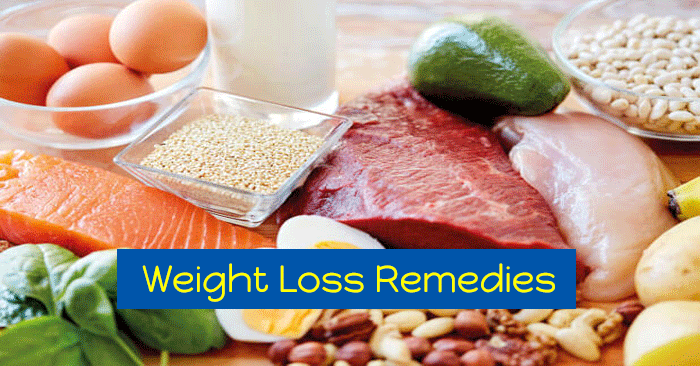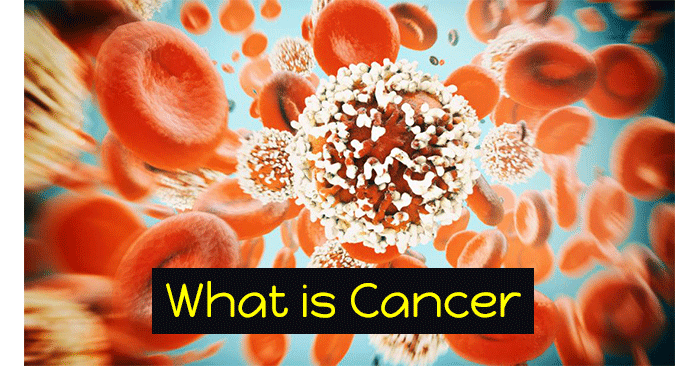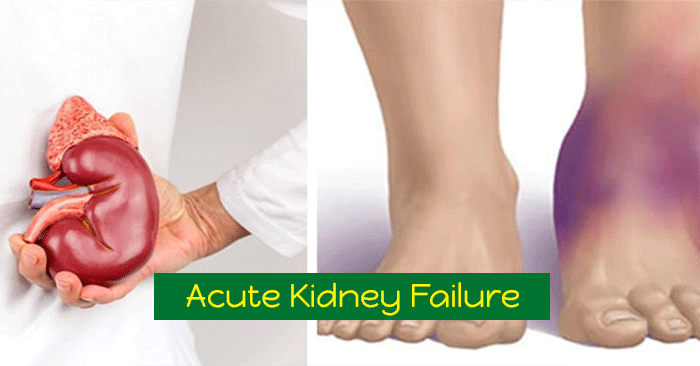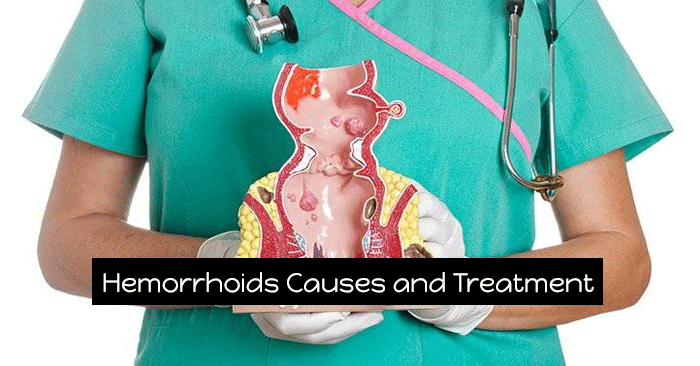Vitamin B12 Tablets Price in Pakistan and Benefits
Vitamin B12 Tablets in Pakistan
Vitamin B12 tablets are a common form of B12 supplement in Pakistan. They are typically taken orally and can be found in various strengths and formulations, such as chewable tablets, sublingual tablets, and capsules. They are often used to treat and prevent vitamin B12 deficiencies.
Vitamin B12 tablets in Pakistan are available in different forms, such as cyanocobalamin, hydroxocobalamin, and methylcobalamin, each with its own characteristics.
Cyanocobalamin is the most common form found in supplements, it is the cheapest and most stable form of B12, but the body must convert it to the active forms of B12, methylcobalamin, and adenosylcobalamin.
Methylcobalamin is a form of B12 that is already active and does not require conversion, it’s considered more effective for nerve-related issues.
Hydroxocobalamin is considered the best form for B12 deficiency treatment.
Vitamin B12 Tablets Price in Pakistan
The minimum price of Vitamin B12 tablets in Pakistan is Rs. 800 and the estimated average price is Rs. 2500 for 100 tablets. Nutrifactor’s Vitamin B12 tablets price in Pakistan is Rs. 850 for 60 tablets. Buy online B12 in Pakistan
Natural Source of Vitamin B12
Vitamin B12 is found naturally in animal products, including fish, meat, poultry, eggs, and dairy products. Vegetarians and vegans may be at risk for a deficiency, as their diet may not contain enough B12. Some fortified foods and supplements are available that can provide B12 for people who do not consume enough from their diet. It’s important to have a healthy and balanced diet, and for those who might be at risk for a deficiency, it’s a good idea to speak with a doctor or a dietitian about whether a B12 supplement may be necessary.
Vitamin B12 Deficiency and Symptoms:
Vitamin B12 deficiency is a condition that occurs when there is not enough vitamin B12 in the body. This can happen for a number of reasons, including poor dietary intake, malabsorption issues, or certain medical conditions. A deficiency can lead to a wide range of symptoms and can have serious health consequences if left untreated.
Symptoms of vitamin B12 deficiency can include:
- Fatigue
- Weakness
- Constipation
- Loss of appetite
- Weight loss
- Nerve damage (numbness, tingling, or pain in the hands and feet)
- Anemia (a decrease in red blood cells)
- Depression
- Confusion
- Dementia
- Balance problems
Certain groups of people may be at a higher risk of developing a vitamin B12 deficiency, including:
- Vegetarians and vegans
- People with pernicious anemia (an autoimmune disorder that affects the stomach’s ability to absorb vitamin B12)
- People who have had weight-loss surgery
- People who have had gastrointestinal surgery
- People with certain medical conditions, such as Crohn’s disease or celiac disease
- People who take certain medications, such as proton pump inhibitors (PPIs) and metformin
Vitamin B12 Tablets Benefits
Vitamin B12 tablets are a common form of B12 supplement that can provide many benefits for overall health. Some of the main benefits of vitamin B12 tablets include:
Treating and preventing vitamin B12 deficiency: Vitamin B12 tablets can be used to treat and prevent vitamin B12 deficiency, which can cause a wide range of symptoms, including fatigue, weakness, constipation, loss of appetite, weight loss, nerve damage, and anemia.
Improving cognitive function and preventing memory loss: Vitamin B12 is important for maintaining cognitive function and preventing memory loss. It also helps to prevent depression and anxiety.
Supporting cardiovascular health: B12 may have a protective effect on the cardiovascular system by helping to lower levels of homocysteine, an amino acid that has been linked to an increased risk of heart disease.
Supporting Pregnancy and breastfeeding: Vitamin B12 is important for the healthy development of a fetus and may also be beneficial for breastfeeding mothers.
Supporting Vegetarian and Vegan diet: It is not produced by plants or animals, but only by bacteria and archaea. Vegetarians and vegans may be at risk for a deficiency, as their diet may not contain enough B12, and taking B12 supplements may be necessary for them.
Vitamin b12 Uses
Some of the main uses of vitamin B12 include:
Blood formation: Vitamin B12 is essential for the production of red blood cells, which carry oxygen throughout the body. A deficiency in B12 can lead to anemia, a condition where the body doesn’t have enough red blood cells.
Nervous system function: Vitamin B12 is important for the proper functioning of the nervous system. It helps to maintain the protective covering of nerve cells, called the myelin sheath, and is necessary for the production of neurotransmitters, which are chemicals that transmit signals in the brain and nervous system.
DNA synthesis: B12 is necessary for the metabolism of every cell in the body and plays a key role in DNA synthesis, the process by which cells create copies of their genetic material.
Brain health: Vitamin B12 is important for maintaining cognitive function and preventing memory loss. It also helps to prevent depression and anxiety.
Cardiovascular health: B12 may have a protective effect on the cardiovascular system by helping to lower levels of homocysteine, an amino acid that has been linked to an increased risk of heart disease.
Pregnancy and breast-feeding: Vitamin B12 is important for the healthy development of a fetus and may also be beneficial for breastfeeding mothers.
Vegetarian and Vegan diet: Vitamin B12 is not produced by plants or animals, but only by bacteria and archaea. Vegetarians and vegans may be at risk for a deficiency, as their diet may not contain enough B12, and taking B12 supplements may be necessary for them.
Vitamin B12 FAQs
What are the best sources of vitamin B12?
Natural sources of vitamin B12 include animal-derived foods such as fish, meat, poultry, eggs, and dairy products. Vegetarians and vegans may be at risk for a deficiency, as their diet may not contain enough B12, and fortified foods and supplements are available that can provide B12 for people who do not consume enough from their diet.
What are the symptoms of vitamin B12 deficiency?
Symptoms of vitamin B12 deficiency can include fatigue, weakness, constipation, loss of appetite, weight loss, nerve damage, anemia, depression, confusion, dementia, and balance problems.
Who is at risk for vitamin B12 deficiency?
Certain groups of people may be at a higher risk of developing a vitamin B12 deficiency, including vegetarians and vegans, people with pernicious anemia, people who have had weight-loss surgery, people who have had gastrointestinal surgery, people with certain medical conditions, people who take certain medications.
How is vitamin B12 deficiency treated?
A healthcare professional may order a blood test to check your vitamin B12 levels and may recommend a vitamin B12 supplement or other treatment, such as vitamin B12 injections, to treat deficiency.
How much vitamin B12 do I need per day?
The amount of vitamin B12 you need per day depends on your age and life stage. The recommended daily allowances (RDAs) for vitamin B12 are as follows:
- Infants 0-6 months: 0.4 micrograms
- Infants 7-12 months: 0.5 micrograms
- Children 1-3 years: 0.9 micrograms
- Children 4-8 years: 1.2 micrograms
- Children 9-13 years: 1.8 micrograms
- Adolescents 14-18 years: 2.4 micrograms
- Adults 19 years and older: 2.4 micrograms
- Pregnant and breastfeeding women: 2.6 micrograms and 2.8 micrograms, respectively
Can you overdose on vitamin B12?
Vitamin B12 is a water-soluble vitamin, meaning that any excess is excreted by the body, so the risk of overdose is very low.
How many months of vitamin B12 should I take?
The duration of time for which you should take vitamin B12 supplements depends on the reason why you are taking them. If you have been diagnosed with a deficiency, your healthcare provider will likely recommend that you take the supplement for several months to bring your levels back to normal. The treatment duration may vary depending on the severity of the deficiency, the underlying cause of the deficiency, and the type of B12 supplement you are taking.
For instance, if you have pernicious anemia, a type of B12 deficiency caused by an inability to absorb the vitamin, you may need to take B12 supplements for the rest of your life. Also, if you are a vegetarian or vegan, or if you are at risk for deficiency due to other factors such as age, you may need to take a B12 supplement for an extended period of time.
Which tablet is best for vitamin B12?
There are several different forms of vitamin B12 tablets available, each with its own characteristics. The most common forms of B12 found in supplements are cyanocobalamin, methylcobalamin, and hydroxocobalamin.
Cyanocobalamin is the most common form found in supplements, it is the cheapest and most stable form of B12, but the body must convert it to the active forms of B12, methylcobalamin, and adenosylcobalamin.
Methylcobalamin is a form of B12 that is already active and does not require conversion, it’s considered more effective for nerve-related issues.
Hydroxocobalamin is considered the best form for B12 deficiency treatment, it’s the form that is used for B12 injection and it’s considered more effective for people with pernicious anemia, a condition that affects the absorption of vitamin B12.
It’s important to note that these are the recommended daily amounts, individual needs may vary depending on health conditions, lifestyle, and other factors. It’s always best to consult with a healthcare professional before starting any supplement regimen, they will recommend the most appropriate dosage based on your specific needs and condition.



